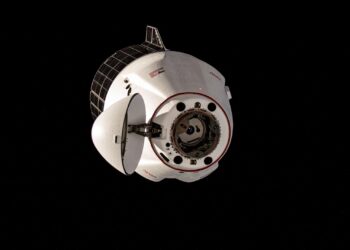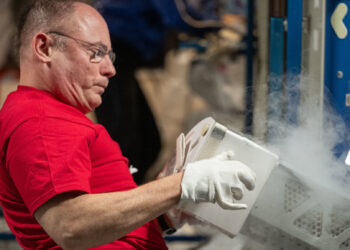The research conducted on the International Space Station is significantly enhancing the understanding of blood flow changes and its impact on astronauts’ health. These studies aim to address the physiological challenges that occur during space missions, focusing particularly on cardiovascular health and ensuring astronaut safety.
Key Research and Findings
One critical area of investigation is understanding how the absence of Earth’s gravity affects blood flow and pressure regulation. Adjustments in the cardiovascular system can lead to orthostatic intolerance when astronauts return to Earth. This manifests as dizziness or fainting upon standing since their bodies have adapted to microgravity conditions.
Another significant focus is the fluid shift that takes place in space. Without gravity pulling fluids downward, more of it moves towards the upper body, including the head. This can influence intraocular pressure, potentially contributing to the vision problems some astronauts experience during and after their missions.
Researchers are utilizing advanced technology and diagnostic techniques on the ISS to monitor these physiological changes. This includes using ultrasound devices that assess blood flow and pressures, offering data which is critical for shaping future countermeasures.
Benefits for Future Missions
Developing effective countermeasures is crucial for the success of future deep space missions, such as those to the Moon and Mars. The insights gained from these studies inform the design of exercises, dietary changes, and medical interventions aimed at maintaining astronaut health over extended periods in space.
Not only do these studies influence space travel, but they also have significant implications for Earth-based medicine. Understanding how blood flow can be optimized and monitored in space offers potential innovations in managing cardiovascular health as well as conditions like orthostatic intolerance on Earth.
For more details on this fascinating research, you can read the full article on NASA’s blog.






















